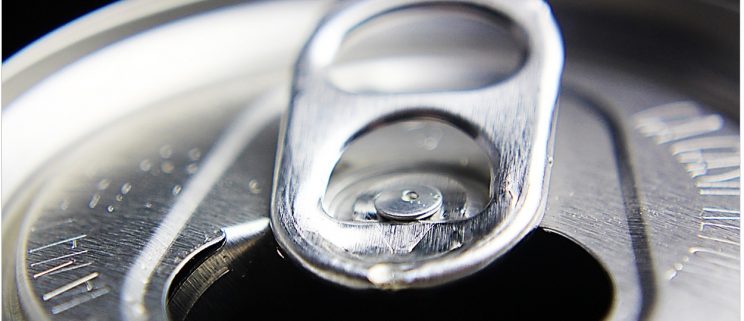Teenagers are less likely to say they would buy sugar-sweetened beverages that include health warning labels, according to the University of Pennsylvania. This research builds on earlier work by the university showing that parents were less likely to choose sugary beverages with health warning labels for their children.
“The average teen in the United States consumes at least one sugar-sweetened beverage every day, which could account for more than twice the recommended daily serving of sugar,” said Christina Roberto, PhD, assistant professor of medical ethics and health policy at the Perelman School of Medicine at the university.
The researchers used an online survey to gauge the beverage selections of 2,202 participants between the ages of 12 and 18 years from diverse backgrounds. The selections, comprising 20 popular 20-ounce beverages, featured no label at all or one of 5 warnings, including one spotlighting calorie content and 4 displaying a variation of warning text.
Overall, 77.2% of the participants who saw no label said they would choose a sugary drink in a hypothetical choice task. However, 72.5% said they would choose beverages with a calorie label, followed by 69.1%, 64.5%, 63.0%, and 60.8% who said they would choose beverages with a warning label, depending on what that label said.
These labels indicated that consumption of sugary drinks contributes to tooth decay, diabetes, and obesity, with slight wording variations. Also, the labels contributed to the teens’ understanding of the potentially negative effects of regular consumption of sugary beverages on health. Participants who viewed the labels indicated they were more likely to understand that these drinks don’t contribute to a healthy lifestyle.
Furthermore, 62.7% of the teens said they would support a warning label policy for sugary drinks. California and New York as well as the cities of San Francisco and Baltimore have introduced bills requiring health-related warnings on sugar-sweetened beverages. California, for instance, is proposing a label for any nonalcoholic beverage with added sweeteners equal to or greater than 75 calories per 12 fluid ounces.
“The influence of warning labels on the purchasing intentions of teenagers in this study highlights the need for nutrition information at the point of purchase to help people make healthier choices,” said Eric M. VanEpps, PhD, a postdoctoral researcher at the Center for Health Incentives and Behavioral Economics at the Perelman School of Medicine.
“This study shows that warning labels can affect teenagers’ beverage preferences, and future research will be needed to determine whether these labels are similarly effective in more typical purchasing environments,” said VanEpps.




